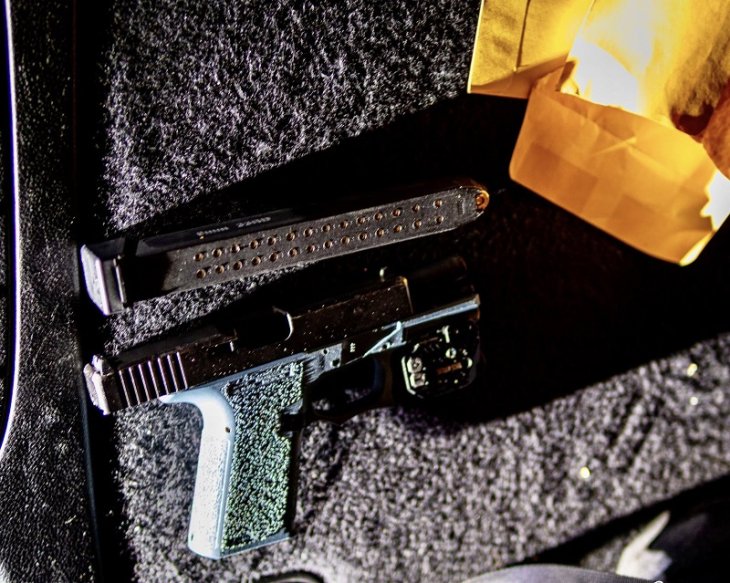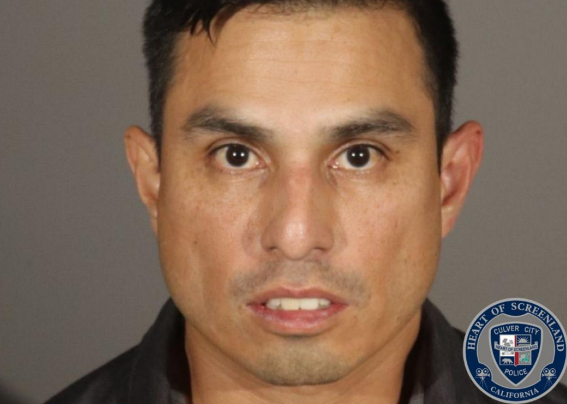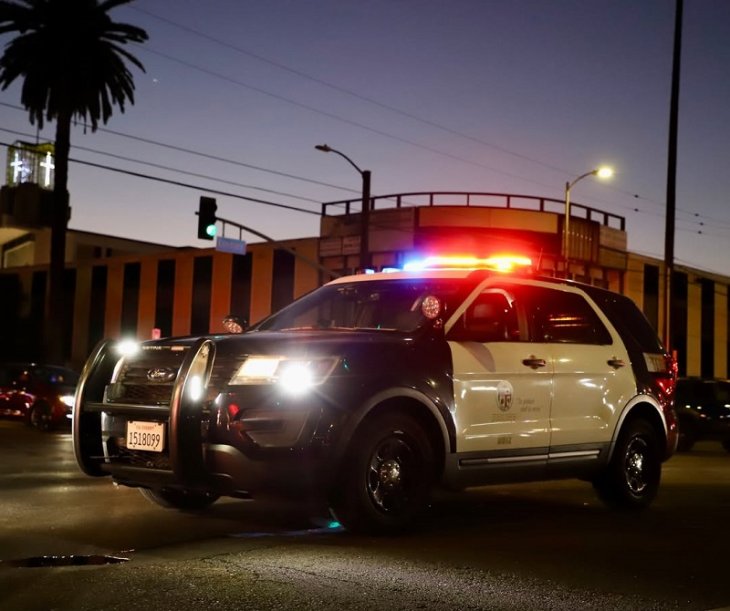Closing arguments are expected to begin Monday in the federal corruption trial of former Los Angeles County Sheriff Lee Baca, who is accused of conspiring to thwart an FBI probe into abuses of inmates in the jail system.
Prosecutors rested their case against the 74-year-old Baca on Thursday, and the defense called a parade of witnesses Friday — including former district attorneys Ira Reiner and Steve Cooley — to speak on his behalf. Baca was not called to the stand.
Defense attorneys have not yet formally rested their case, but that is expected to occur this morning, clearing the way for closing arguments. The six- man, six-woman jury could begin deliberating early this afternoon or Tuesday morning.
The former sheriff is being tried in downtown Los Angeles on conspiracy and obstruction of justice charges for his alleged part in what federal prosecutors contend was a plot to thwart a federal probe into abuses in the jail system. The defense counters that Baca’s former second-in-command, Paul Tanaka, was to blame and the retired lawman is innocent.
Baca will be tried separately at a later date on a charge of making false statements to the federal government in April 2013. Prosecutors contend Baca lied to the FBI about his knowledge of department efforts to subvert the federal probe.
U.S. District Judge Percy Anderson split the trial into two parts after he agreed to allow testimony by an expert on dementia — but only as it relates to the false-statements charge. Anderson agreed to hold a separate trial on those counts so the jury could hear the medical testimony. Baca is in the early stages of Alzheimer’s disease.
The charges focus on a period of time five years ago when sheriff’s deputies based at Men’s Central Jail stumbled upon the FBI’s secret probe of alleged civil rights abuses and unjustified beatings of inmates within jail walls.
After guards discovered that inmate Anthony Brown was an FBI informant, they booked him under false names and moved him to different locations in order to keep him hidden from federal investigators. They also went to the home of an FBI agent and threatened her with arrest.
Baca — who ran the nation’s largest sheriff’s department for 16 years — says he knew nothing of the plan to impede the jails probe and that Tanaka was in charge of the operation.
Nine ex-sheriff’s officials — including Tanaka — have been convicted or pleaded guilty in connection with the obstruction case, and 10 others have been convicted of various charges connected to the overall federal probe.
Tanaka, who alleges Baca initiated the plan, was sentenced to five years in prison and is expected to begin serving his time next month.
Baca previously backed out of a plea deal on the lying count — which called for him to serve no more than six months in prison — after the judge rejected the agreement as too lenient. If Baca had not withdrawn from the plea, he could have been handed a sentence of five years behind bars. He was subsequently indicted on the three felony counts he now faces, and he could face up to 20 years in prison if convicted of all charges.
Although Baca admitted in court to lying to investigators, that and other previous admissions cannot be used against him in the current case.
Baca retired suddenly in 2014 at the height of the federal probe. He had been sheriff since December 1998.
A federal appellate panel upheld the convictions of seven former sheriff’s department officials convicted in the conspiracy.






















